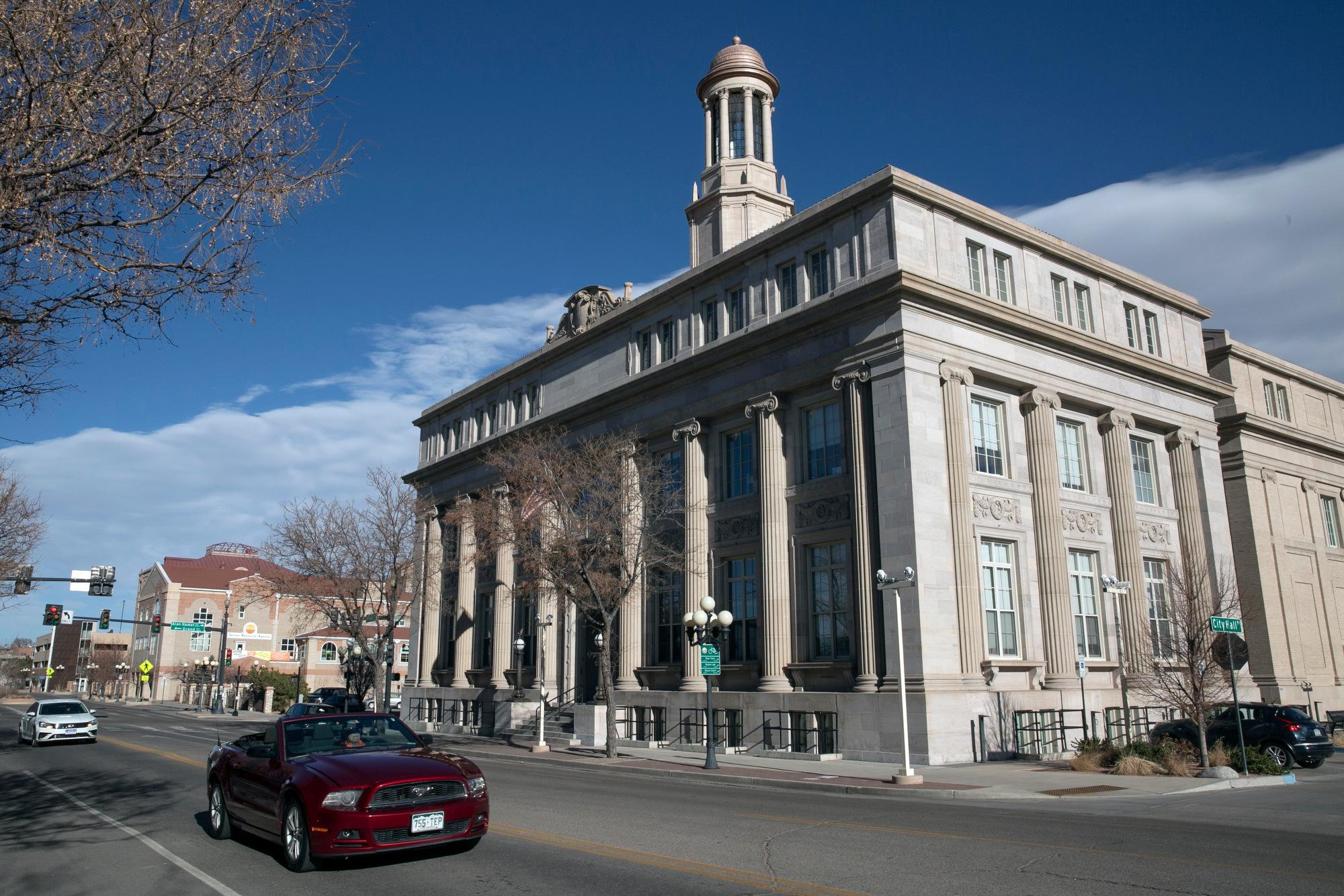
Black Hawk accounts for about 70 percent of the casino revenue in the state’s three historic mining towns that can house gambling. On a good weekend, the town can swell by 20,000 people. The rub is that there are simply not enough hotel rooms, so the industry hopes it can jump start business with its expansion
Doug Ellis of Kearney, Nebraska points out that it’s “pretty well corn fields and cattle” where they’re from. Black Hawk, though, is different.
“We like the scenery, it’s nice, it’s quiet,” Doug said. “We try to come when there’s not a whole lot of people here.”
There are casinos a few hours from where he and his wife live, but they still occasionally make the trip to Colorado. His wife, Christy, adds that the “casinos are nice, they’re really nice.”
And they’re about to get nicer.
The Monarch Casino Black Hawk recently imploded their old parking garage. In its place will go a 500-room hotel, spa and casino floor.
Kaboom! Black Hawk! Details @KDVR @ch2daybreak pic.twitter.com/VpNZdZPUdH
David Farahi’s family business took over the former Riviera Black Hawk casino in 2012 and almost immediately began renovations. As the resort company’s chief operating officer, he points out that it was “kind of the first phase in our $400 million resort development.”
“Everything was taken down to the studs, from the buffet to the bar, to every slot machine, the carpet, the ceiling treatments, everything has been touched,” he says.
And Farahi thinks it’s just the beginning, saying that “our hotel project, our resort project, could be a catalyst for another wave of major investment.”

Other casino operators are waiting to see if Monarch’s expansion can actually bring in more gamblers, Farahi says. He notes that Coloradans spend an estimated $300 million gambling in other states, and Denver is the third largest feeder market for Las Vegas. Farahi’s betting that a high-end hotel and resort will keep some of those dollars in-state.
Casinos aren’t the only ones dumping money into Black Hawk. The city itself is spending $10’s of millions to upgrade all manner of infrastructure, like roads and buildings. The money comes, of course, from the casinos.
You can feel the construction almost everywhere you go.
“At this point it does seem like we’re in perpetual construction in Black Hawk either from the private side or the public side,” admits mayor David Spellman. “I think it’s good. I think it shows that Black Hawk is a dynamic city.”
During the recession it didn’t feel that way. Casino revenue plummeted, after peaking in 2007 at $816 million, it fell 12 percent the next year. It took the better part of a decade for gambling to recover in Colorado. By 2015, revenue finally exceeded $800 million again, but it still hasn’t surpassed that 2007 peak.
Spellman, a fifth generation Black Hawk resident, says the future of the town hangs in the balance as casinos grapple with changing preferences. Young people don’t show much interest in traditional gambling, so the city is creating open space for hiking and mountain biking.
“It’s an attempt to bring in those other amenities, which we lack right now, and therefore capture that younger demographic,” Spellman says.
For what it’s worth, the Fitch Rating agency says Monarch’s expansion is a good thing.
“The real key here is the fact that you’re going to add 500 rooms to the market, and a bigger casino, so you’ll be able to serve more customers for longer periods of time,” says Colin Mansfield with Fitch’s casino division.
Colorado casinos benefit from the limited gambling options in surrounding states and a booming economy, Mansfield says, so more rooms will equal more gambling.

Still, Fitch’s casino division has a generally negative outlook for regional gambling in the coming years. Mansfield says they “believe there’s a difficult demographic shift going on right now, and just more competition in general from broader entertainment options and alternative forms of gambling.”
Others in the industry aren’t so down. They’re excited about a new generation of experimental video game gambling. They argue that as younger people age, and have more disposable income, they’ll naturally warm to gambling.
The visiting Nebraskans, Doug and Christy Ellis, agree with that.
“Twenty years ago we couldn’t have done this,” Christy says.
“We would have been too poor to go anywhere,” Doug adds. “Raising kids, getting started, things like that.”
Now that the kids are on their own, they can spend some of that retirement money trying their luck in Colorado casinos.
Read More: Colorado Business Is Kicking Off 2017 In A Great Mood









